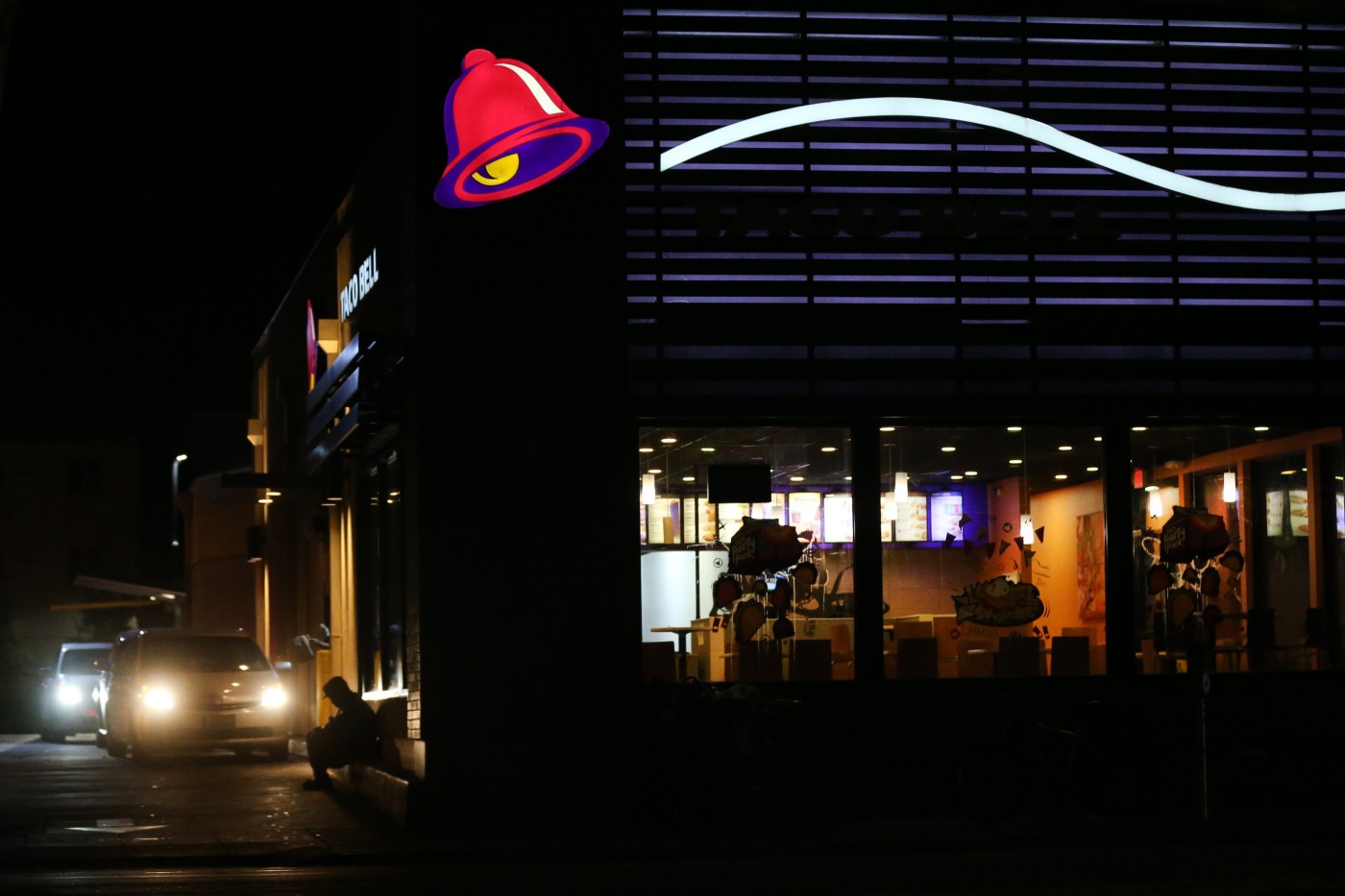
OAKLAND — An Oakland man was convicted of manslaughter for killing a man outside of a fast food restaurant in 2023, in a trial that relied on a self-defense theory and started with “implicit racial bias” accusations against the judge.
James Wheeler, 44, was acquitted of first and second-degree murder in June but convicted of voluntary manslaughter in the Nov. 21, 2023 shooting death of Johnny James Johnson Jr. The jury also convicted Wheeler of shooting at an occupied car and gun possession by a felon, court records show.
Related Articles
East Bay man arrested on vehicle theft charges after leading police on multicounty pursuit, ending in San Francisco
East Bay police on alert for a possible large youth gathering on Friday
Authorities identify slain parole agent, suspected gunman in East Oakland shooting
Suspect in recent Oakland killing was shot by Vallejo cop in 2023, out on bail
Oakland police describe their attempts to tase dogs as biting case falls apart
Wheeler was working as a UPS driver and got into an altercation with Johnson outside a Taco Bell on the 6900 block of Bancroft Avenue in Oakland that day, authorities said. After he was arrested on suspicion of murder, Wheeler allegedly called a woman from jail and gave his side of the confrontation, saying that Johnson “tried to vehicular manslaughter me or whatever.”
“I’m sitting there doing my job, waiting for the, um, waiting for the (expletives) to pick me up … and then, just out of nowhere (Johnson) start talking (expletive), like, oh, ‘You finna, you want to die today.’ Like what? I’m working dude,” Wheeler allegedly said on the phone which is monitored by deputies. He later added that Johnson tried to block his exit from the parking lot so he “had to leave.”
The defense also pointed to posts on Johnson’s Instagram — he had the habit of posting the same picture with different captions each time — that alluded to him challenging people to violent confrontations. One picture of him, with apparent blood smeared over his bald head, said “Let be a blood bath (sic).” Another post of the same picture had the caption, “I love breaking bones period.”
Before the trial even got underway, Wheeler’s lawyer accused Alameda County Judge Thomas Reardon of exhibiting “implicit racial bias” during remarks on jury selection, while questioning a jury who stated on the record they would be more likely to trust a witness of Asian descent than “non-Asians.” Reardon launched into an off-the-cuff analysis of what it truly means for someone to be tried by a jury of their peers, asking rhetorically if Martha Stewart or Bernie Madoff could only be tried by millionaires or if Wheeler, who is Black, should only have “dudes” on his jury.
“Because how in the end how do we decide who is someone’s peer? Do we just focus on their apparent race? Isn’t that a little limiting? Reardon, who are your peers? White guys. Old white guys,” said Reardon, who is white. “Really, is that right? Are those my peers? Who are my peers? I don’t know.”
Assistant Public Defender Jane Brown argued Reardon’s remarks “created a false dichotomy which devalued the importance of having Black individuals serve on Mr. Wheeler’s jury,” and included a report by Dr. Samuel Maull, an academic expert on racism in courts.
“The insistence on racial neutrality by the court is not impartial; it is an act of racial positioning. It presumes a white, un-raced experience as the standard of objectivity, rendering any race-conscious critique illegitimate by default,” Maull concluded. “These actions undermine the intent of the Racial Justice Act, which seeks to address the impact of racial bias on the fairness of criminal trials.”
Passed in 2020, the Racial Justice Act is designed to weed out racism in California’s criminal justice system.
Prosecutors countered that the defense motion failed to specify what exactly Reardon said that supposedly crossed a line, and that “using perfunctory comparisons to explore legal principle is nothing unusual.”
“Even if Judge Reardon’s examples were humorous, it is a stretch to conclude that they trivialized the proceedings,” Deputy District Attorney Angela Steffes wrote in court filings.
Judge Paul Delucchi denied the defense motion and jury selection resumed.
The defense also sought to suppress Wheeler’s self-admitted association with the Kumi 415 prison gang, a spinoff of the Black Guerilla Family. In a 2018 parole hearing transcript, Wheeler acknowledged he had been associated with the gang and participated in a riot against the Fresno Bulldogs in prison, but said it was “to prevent any physical harm being done to me.”
Wheeler’s lawyer, Deputy Public Defender Sydney Levin, argued that if jurors learned of this it could affect their perception of Wheeler, writing in court filings that “both scholars and the California Legislature have observed that gang allegations tap into the implicit bias that Black and Latinx men are criminal and/or violent.”
“In the current case, irrelevant references to gangs could thus tap into implicit biases suggesting that Mr. Wheeler, a Black man, is inherently criminal or violent,” Levin wrote.
Wheeler is set to be sentenced in October. But his legal troubles might not end with this case. Emeryville police say they’ve recently identified him as a suspect in another 2023 homicide, the killing of 34-year-old Dexter Appleby.
Appleby was shot and killed about 20 minutes before midnight on May 26, 2023, on 41st Street and San Pablo Avenue. The case went unsolved for two years, then police released surveillance video of a suspect, prompting a person who knows Wheeler to come forward implicating him, authorities said.
Wheeler has not been arrested or charged in Appleby’s death, but authorities say they’re exploring the theory that he shot Appleby during an argument. His conviction has only bolstered this theory, with police now seeing both shootings as part of a possible “pattern of violence” by Wheeler, according to court records.